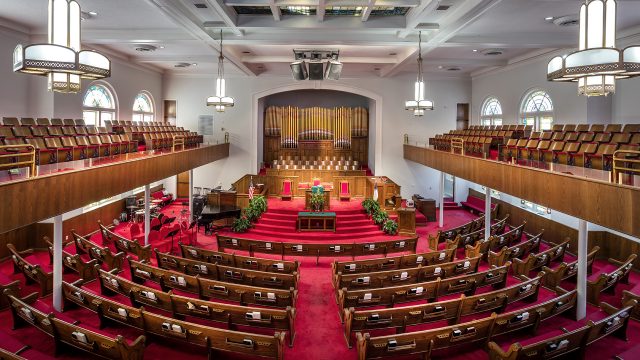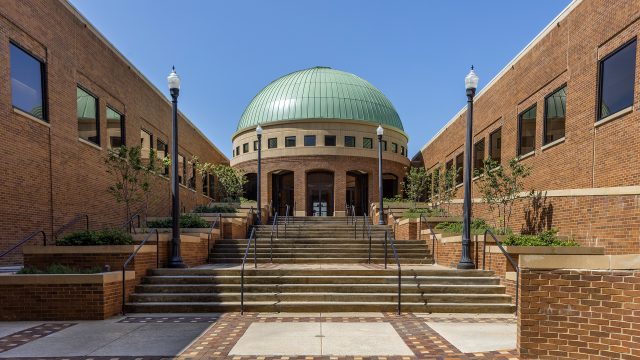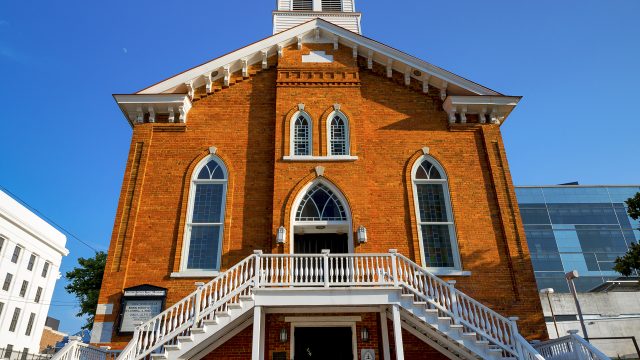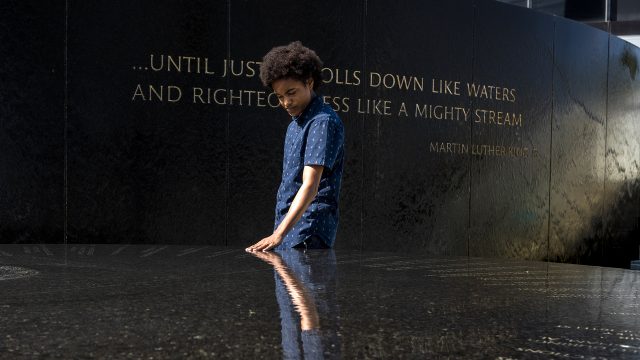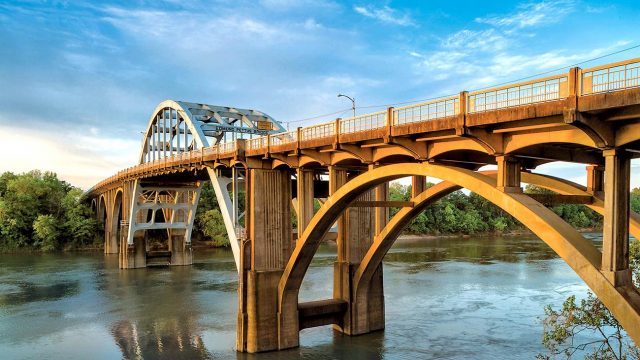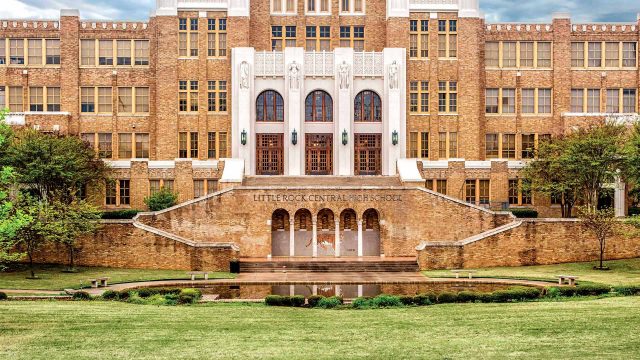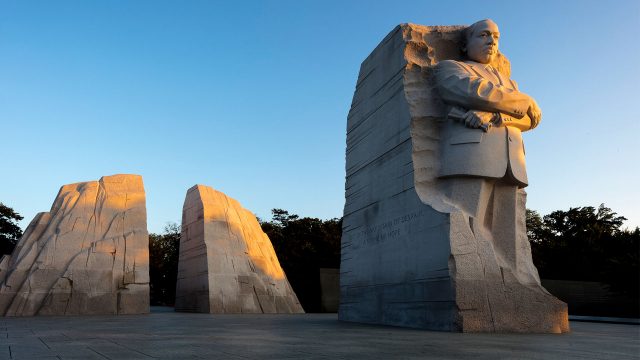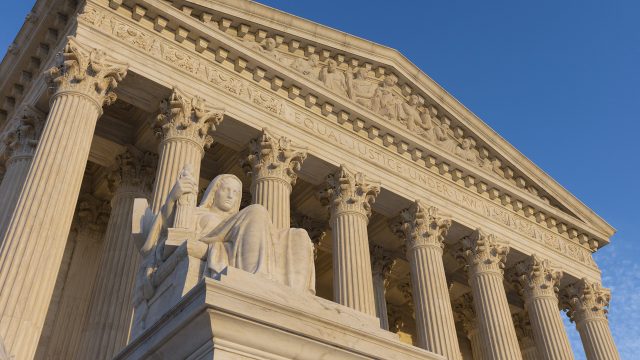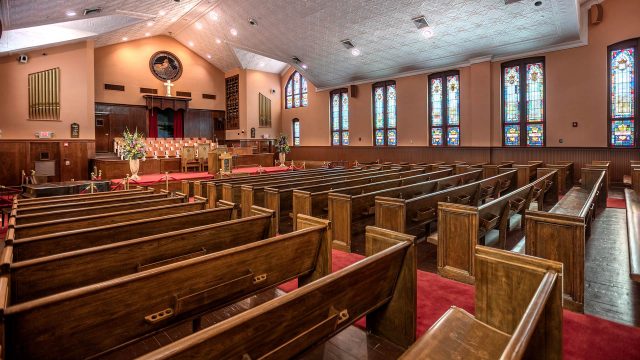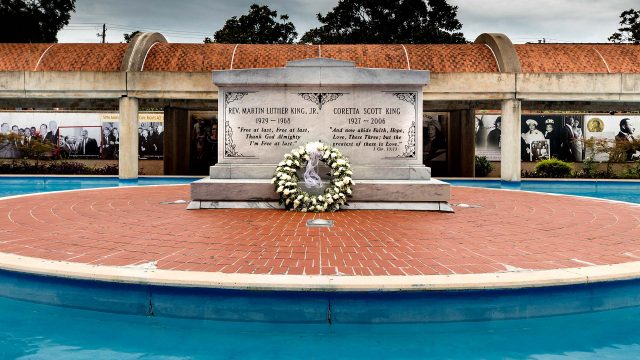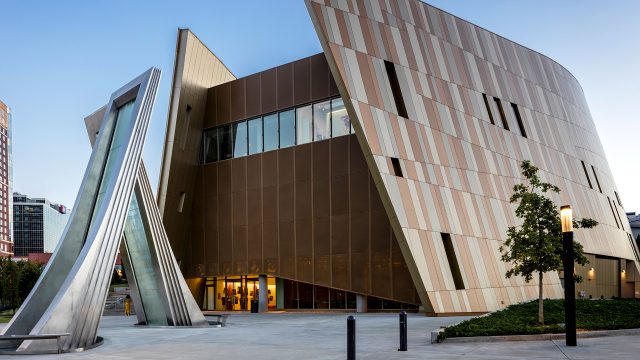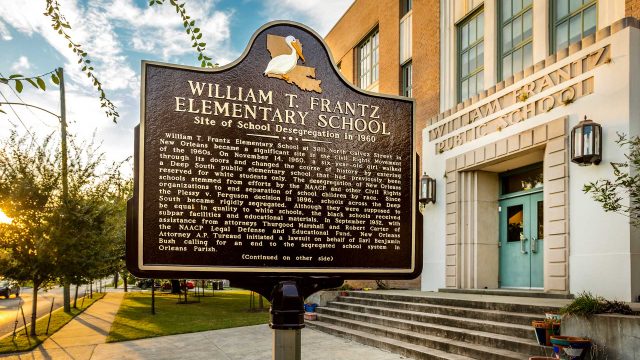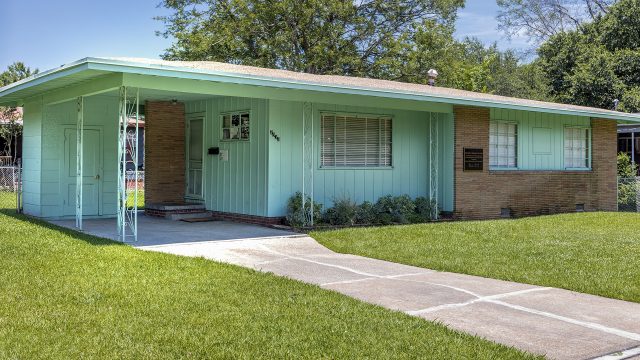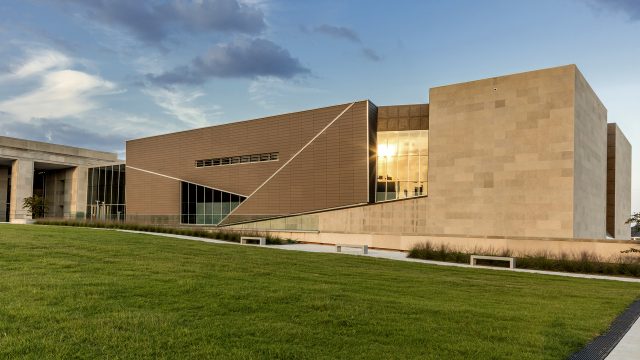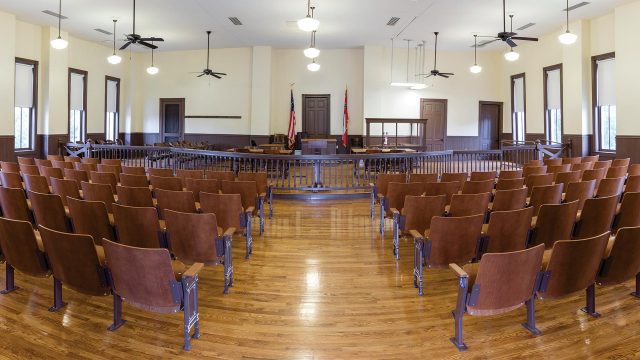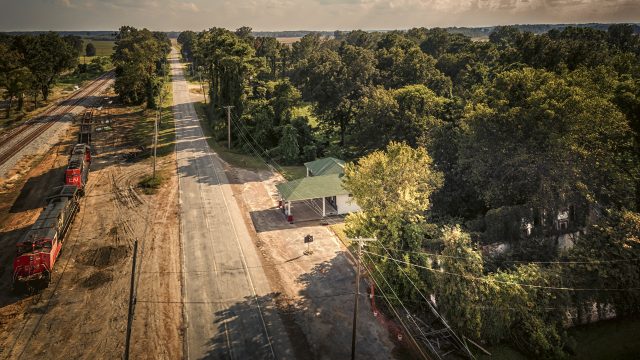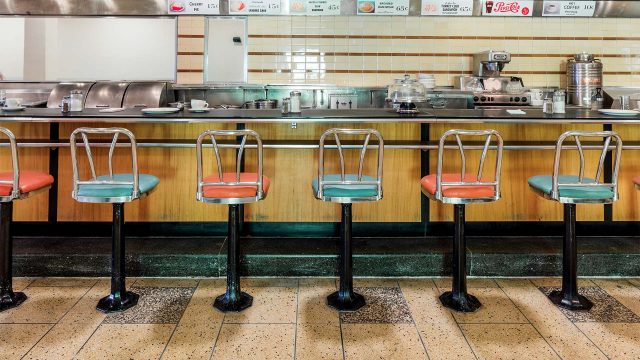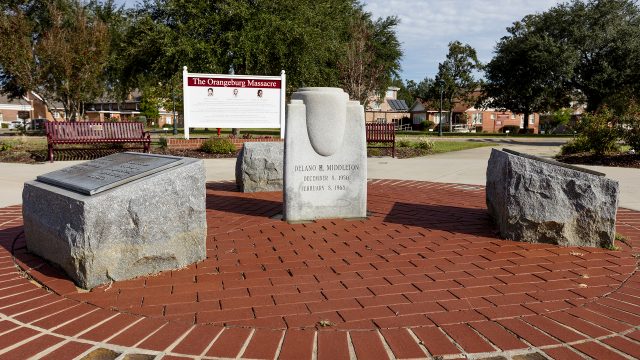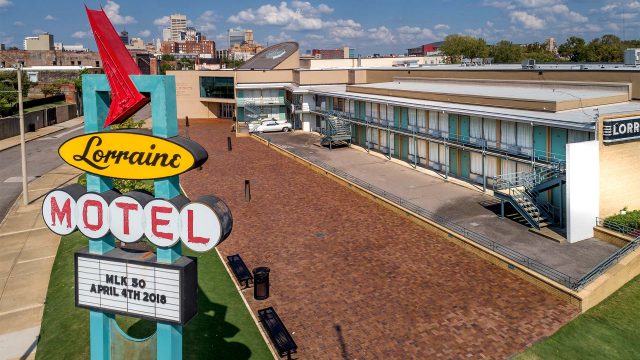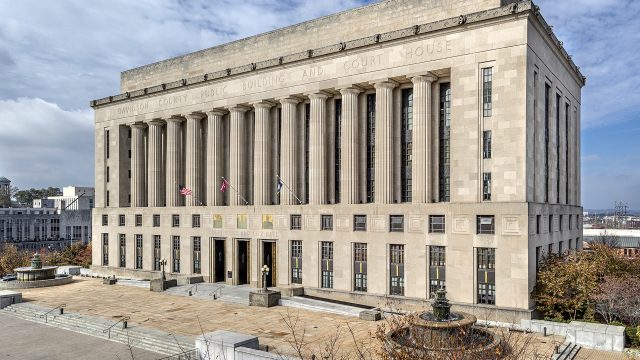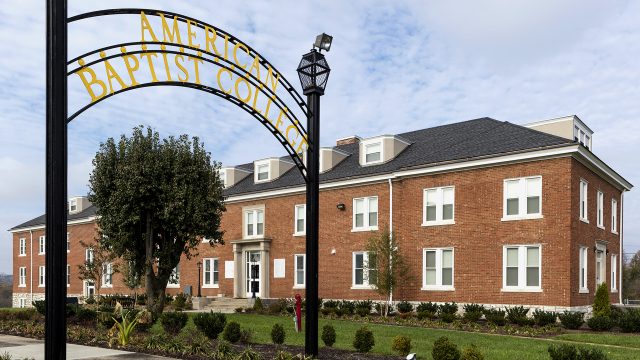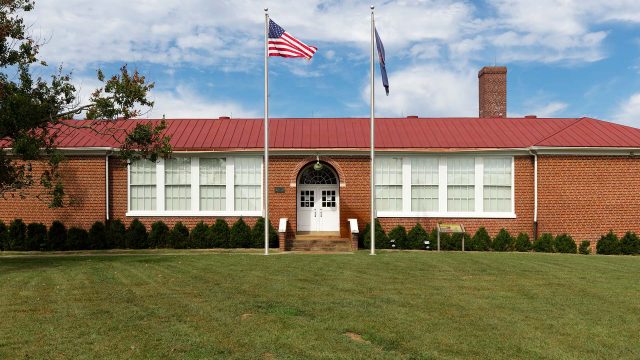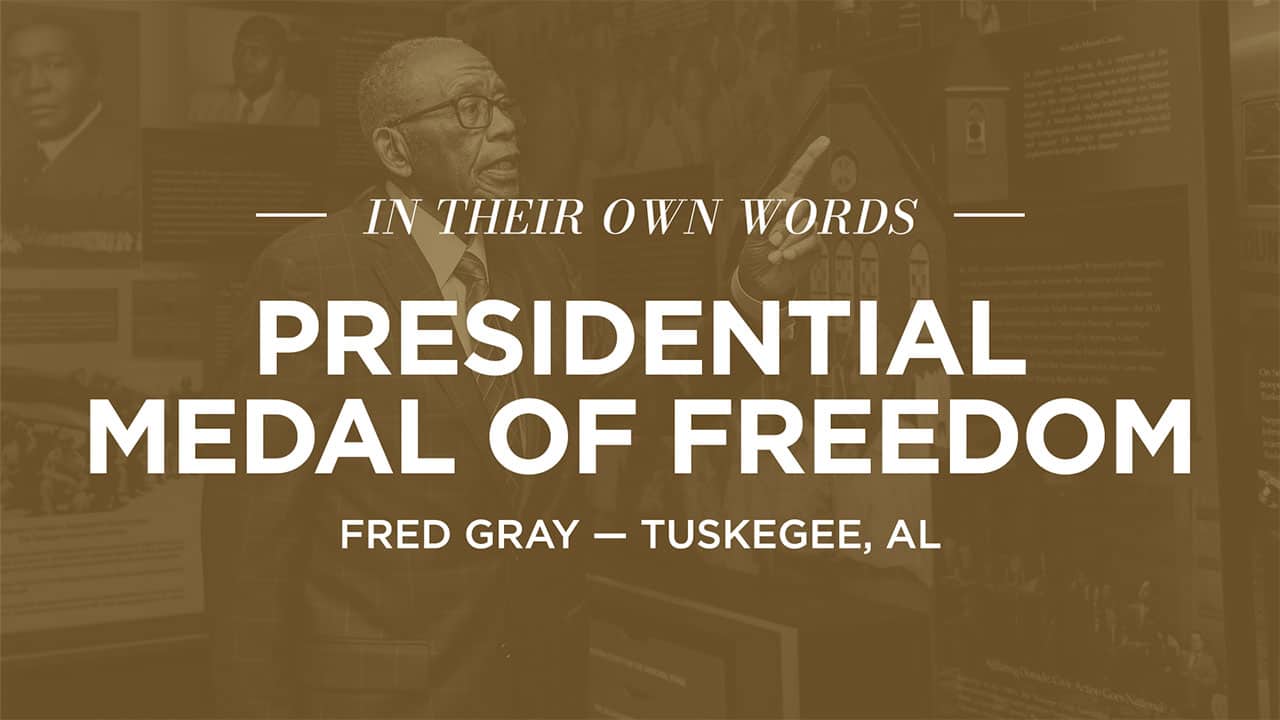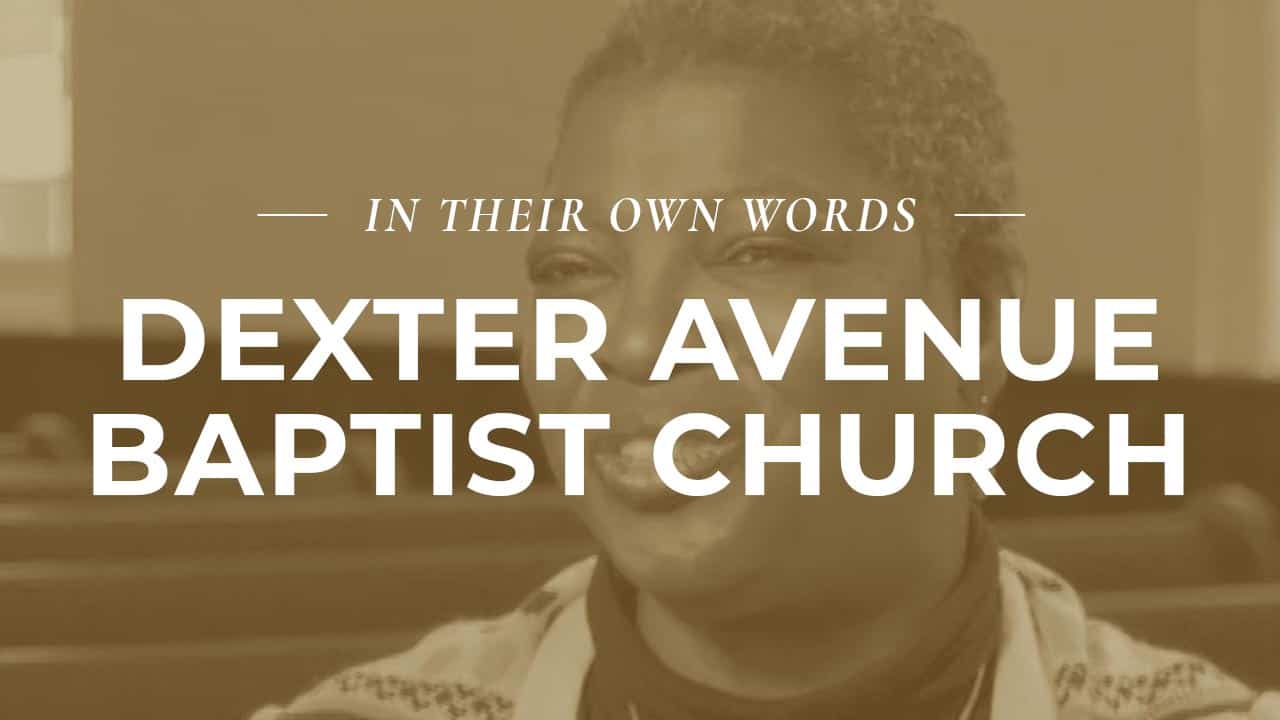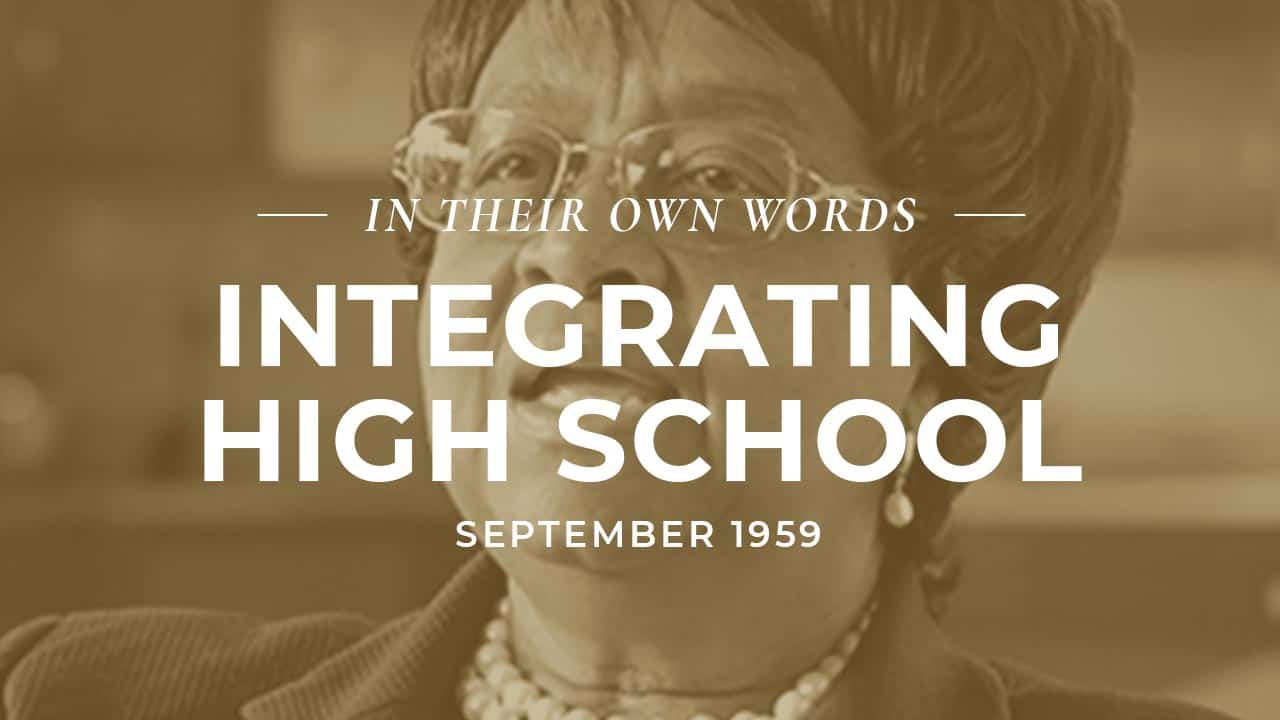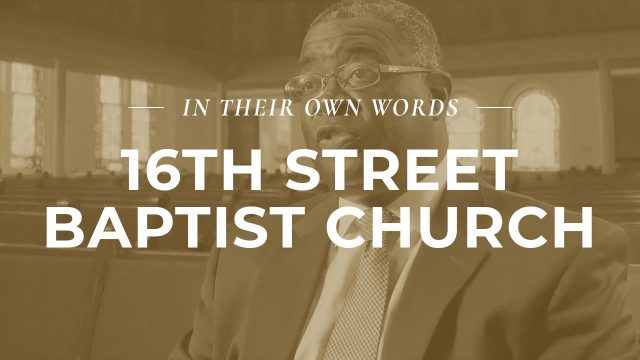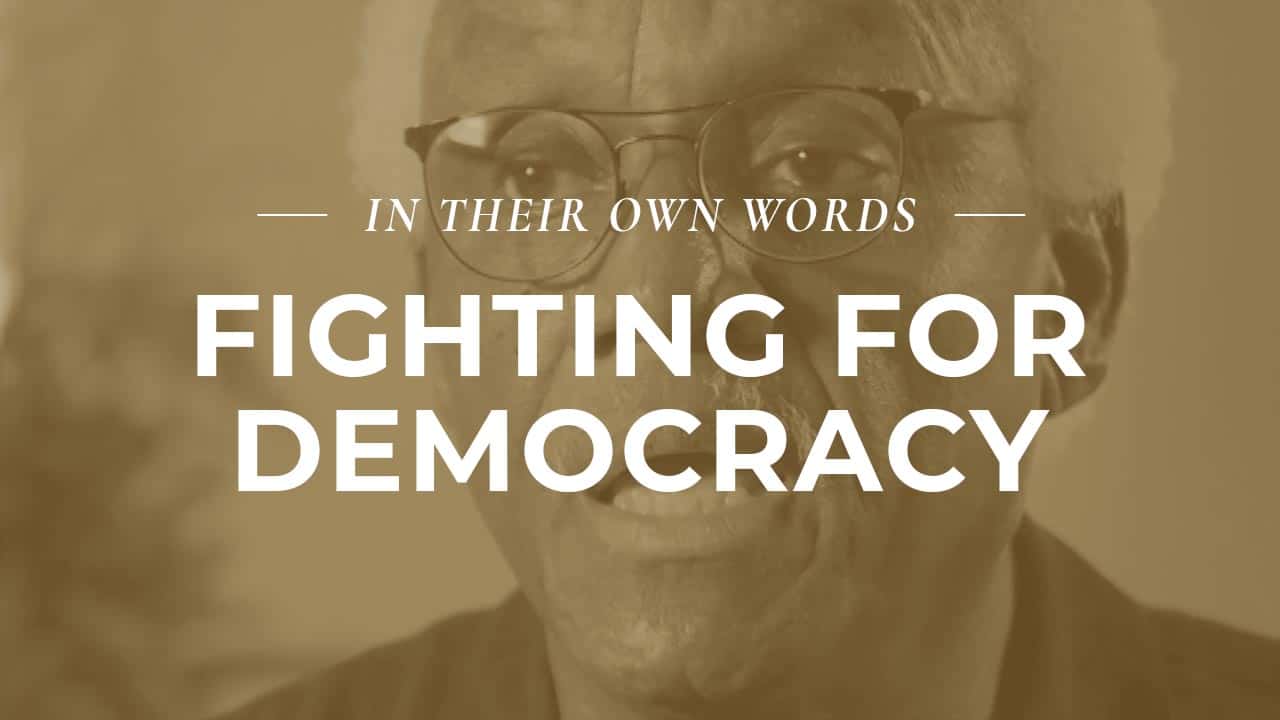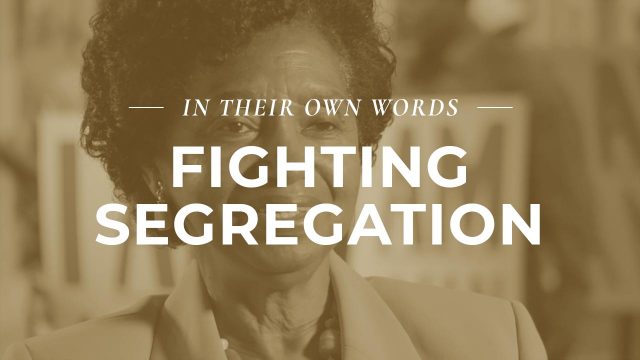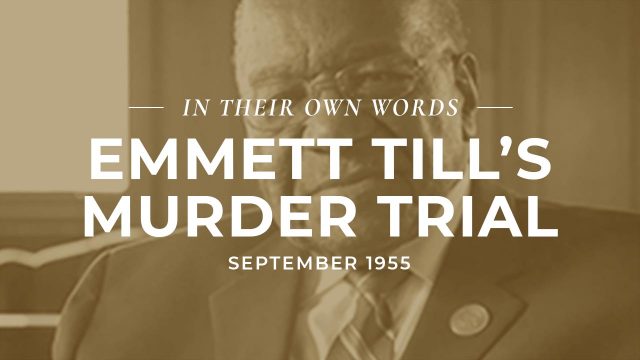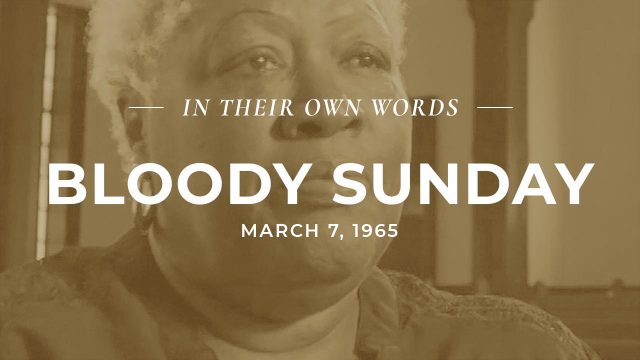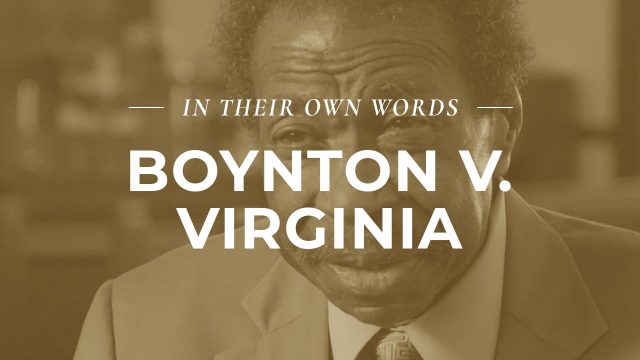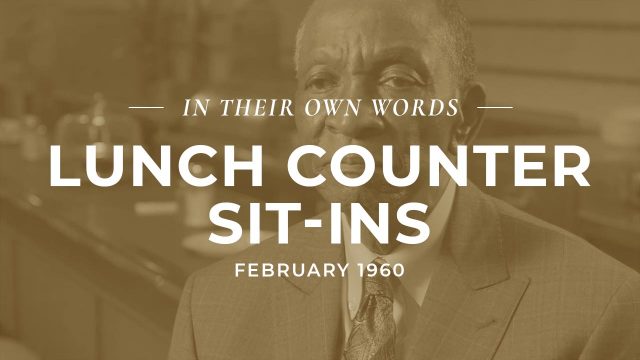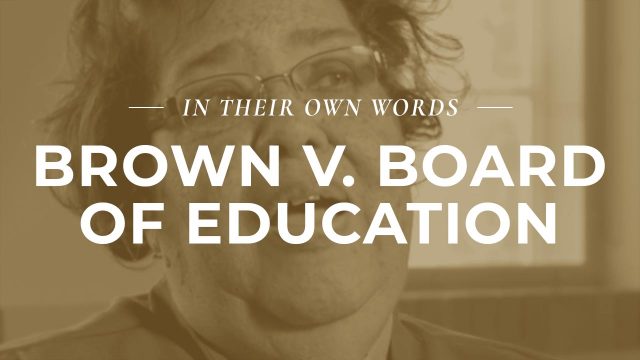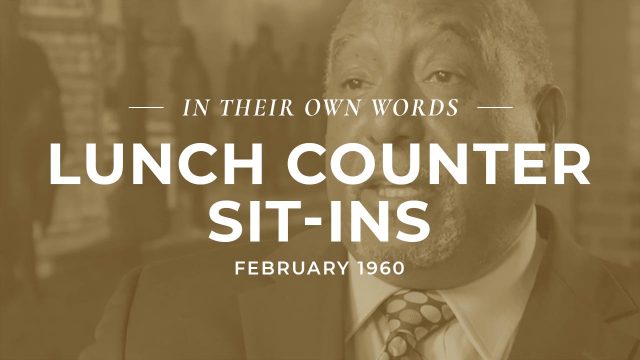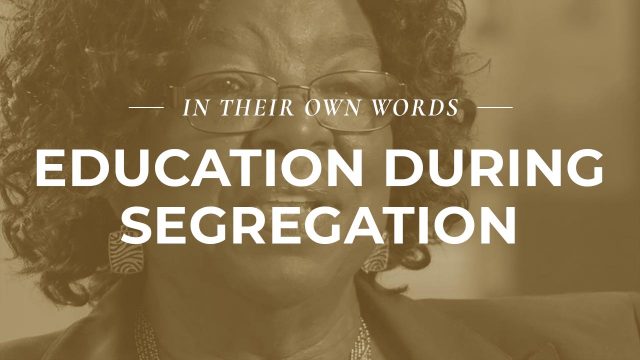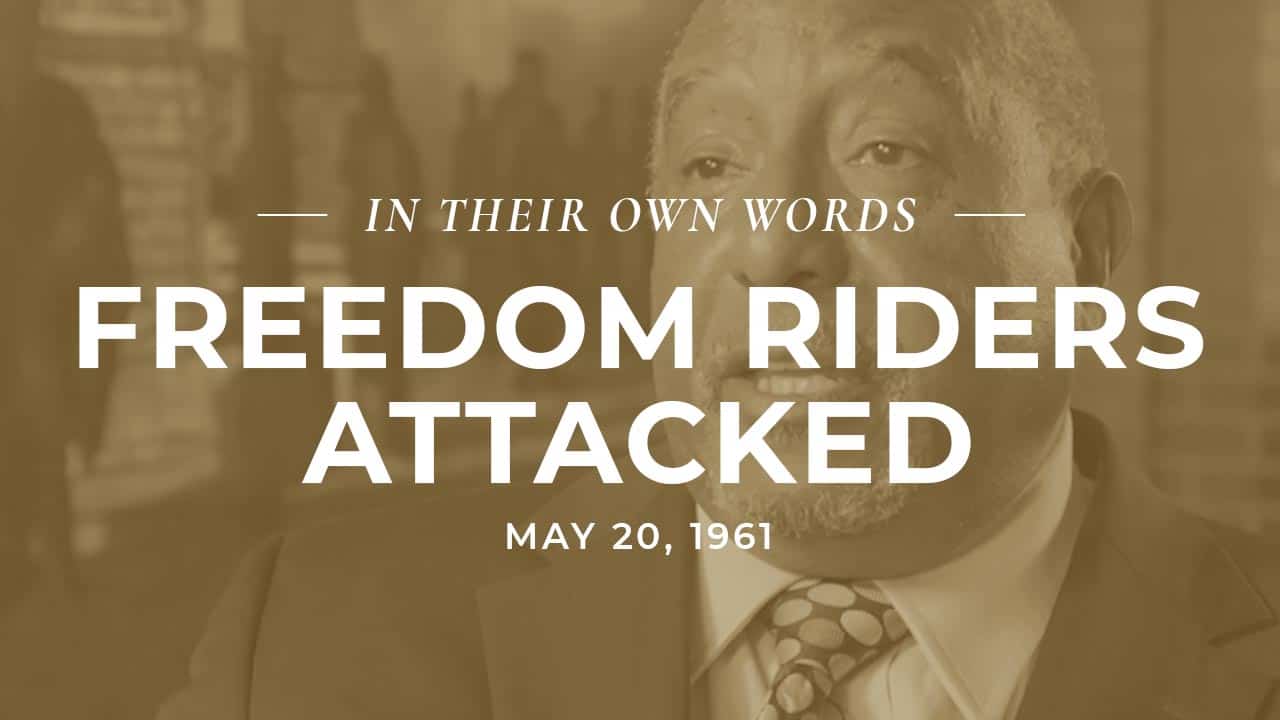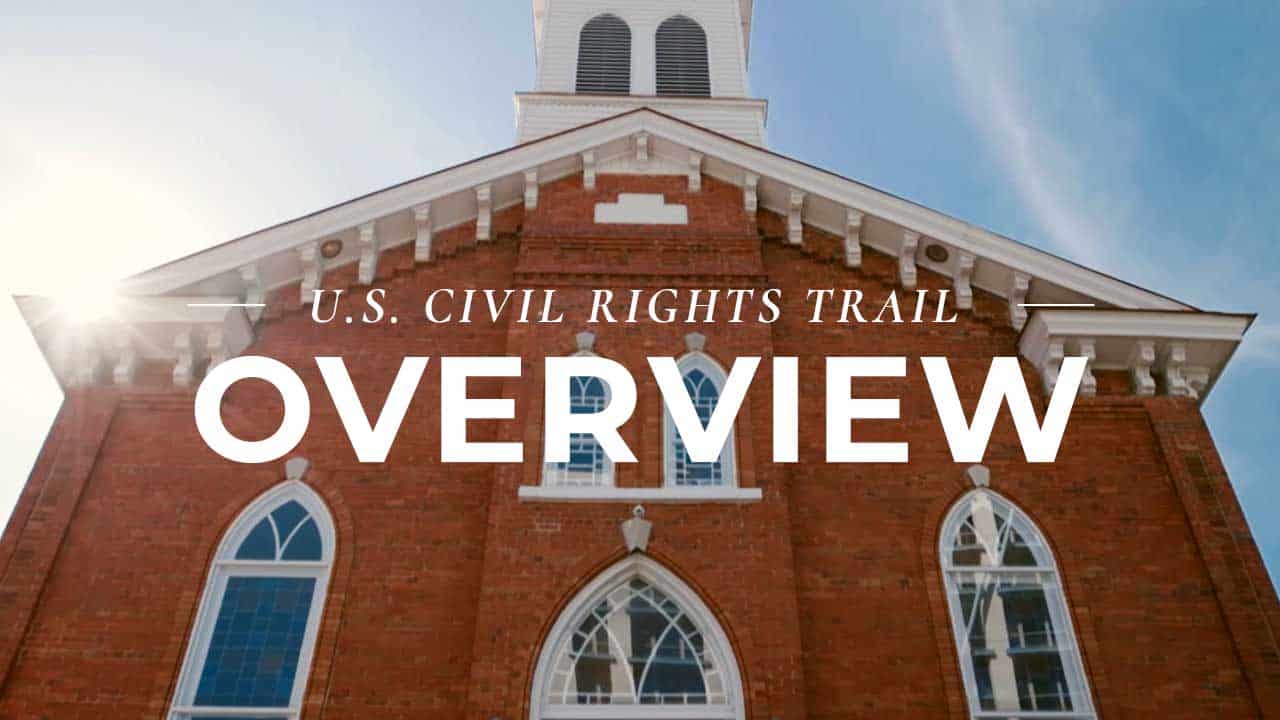Media Resources
Photos
Thanks for your interest in the U.S. Civil Rights Trail campaign. You can use this page to download any of the campaign assets you need to tell your story. We’ve been out on the road discovering the trail ourselves, but we’re available and excited to talk with you if you have any additional questions about the work.
Please direct inquiries to contact@civilrightstrail.com.
Videos
Thanks for your interest in the U.S. Civil Rights Trail campaign. You can use this page to download any of the campaign assets you need to tell your story. We’ve been out on the road discovering the trail ourselves, but we’re available and excited to talk with you if you have any additional questions about the work.
Please direct inquiries to contact@civilrightstrail.com.
B-Roll
Thanks for your interest in the U.S. Civil Rights Trail campaign. You can use this page to download any of the campaign assets you need to tell your story. We’ve been out on the road discovering the trail ourselves, but we’re available and excited to talk with you if you have any additional questions about the work.
Please direct inquiries to contact@civilrightstrail.com.




